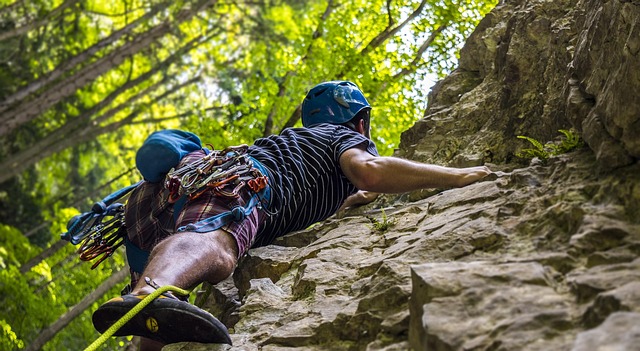In the world of endurance fitness and training, mental endurance is often the silent force that drives an athlete beyond their physical limits. When we think of endurance, images of athletes pushing their bodies to the brink come to mind, yet it’s the battle within—our thoughts, our mindset, and our psychological resilience—that truly shapes our ability to persevere. Building mental endurance is essential for anyone seeking success in endurance sports, and it can be the game-changer that distinguishes average performers from elite athletes.
Fitness is more than just physical strength; it encompasses the complete experience of health and activity. The process of running, cycling, or swimming for hours can be grueling, pushing each participant both physically and mentally. Imagine reaching mile twenty in a marathon where every muscle protests with fatigue, yet it’s within these moments that mental endurance reveals its power. Athletes who cultivate a strong mental framework are better fitted to cope with discomfort, fatigue, and the psychological demands of training and competition.
Building mental endurance takes deliberate practice. It’s all about developing a mindset that not only accepts challenges but embraces them as opportunities for growth. This might involve visualization techniques, where athletes picture themselves succeeding, pushing through pain barriers, or even succeeding in scenarios they have yet to encounter. By consistently practicing these mental strategies during training, athletes can prepare themselves for the mental hurdles they’ll face in competitive events.
Moreover, a well-rounded approach to training that combines effective physical workouts with mental resilience exercises can lead to significant improvements. Activities such as mindfulness, meditation, or even journaling can facilitate a deeper connection between the mind and body. These practices help reinforce a positive mindset and can mitigate the fear of failure, anxiety, and self-doubt that often accompanies high-stakes situations. When the body starts to tire, it’s mental endurance that helps you remember why you began this journey in the first place.
Incorporating challenges that push your limits, both physically and mentally, is also crucial. These can range from participating in longer distance events to even setting personal goals that require stepping out of your comfort zone. Each accomplishment, no matter how small, builds confidence and adds to your mental toolkit, creating a cycle of improvement. The more you challenge yourself, the more you discover your capacity for growth and the capability of your own mind.
Ultimately, mental endurance is a skill that requires nurturing and intentional practice. The relationship between fitness and mental stamina is symbiotic; as you grow stronger physically, your mental resilience also strengthens. This evolving journey not only enhances athletic performance but translates into other areas of life. Whether it be at work, in relationships, or personal pursuits, the strength obtained from building mental endurance lays the groundwork for prolonged success and fulfillment.
So next time you find yourself facing a daunting training session, remember that your mind is just as important as your body. Cultivating mental endurance is an ongoing quest that will pay dividends in every area of your life, reminding you that success is often born from the resilience found within.




